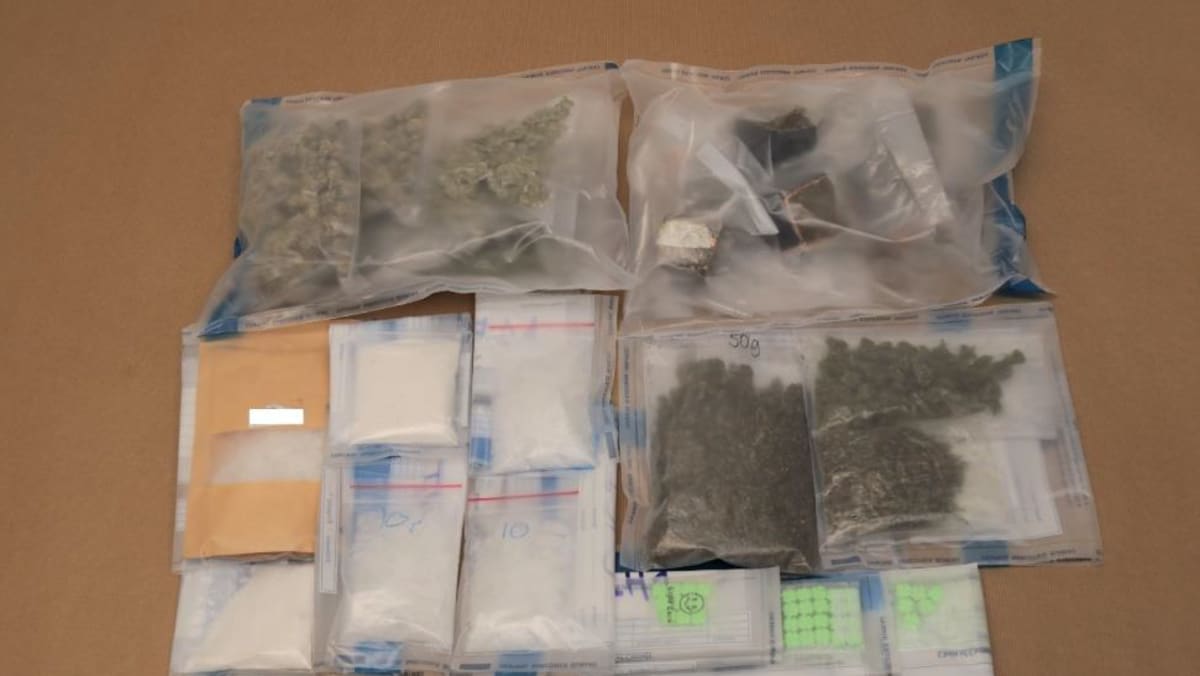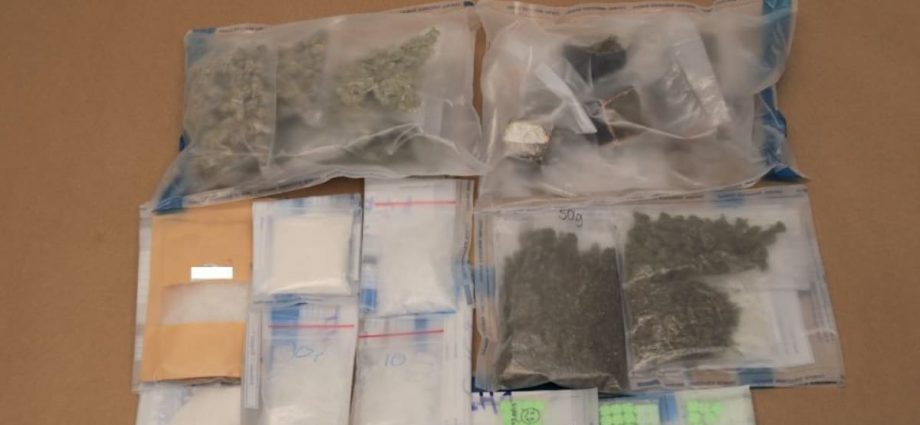
In response to Mr Ng’s query on “stacked” presumptions, Assoc Prof Faishal noted that presumptions have been built into the Misuse of Drugs Act since it was introduced in 1973.
“Our long experience in dealing with drug trafficking syndicates is that without legal tools, such as presumptions, drug traffickers will be able to evade legal responsibility by simply saying that they did not know the drugs were there or they did not know what they were carrying,” he said.
He added that whether the presumptions can be rebutted “turns on whether the accused’s account is to be believed or not”.
Assoc Prof Faishal also said that landlords who rent to offenders “have nothing to fear if they have given the tenant exclusive possession of the property”. Landlords can also explain that they did not know of the psychoactive nature of a substance.
Ms Sylvia Lim (WP-Aljunied) asked if the authorities will list every new psychoactive substance of interest in the First Schedule of the Misuse of Drugs Act, given that the substance may eventually be found to have a legitimate use after industry consultations.
Assoc Prof Faishal said that the authorities “will have a robust and very careful analysis system”, and will not arrest anyone “if we have not got any confirmation”.
“We will look at the psychoactive effect from the scientific point of view and from the procedures involved to test the psychoactive effect.
“Once we do that, we will be able to investigate further and work with the industry before we carry out any action,” he added.
DRUG POSSESSION PENALTIES
In terms of increasing penalties for large-scale drug possession, Assoc Prof Faishal said that the current punishments are not differentiated by the type or quantity of controlled drugs involved.
Previously, the maximum punishment for possession of any controlled drug, regardless of weight, is 10 years’ jail or a fine of up to $20,000, or both.
Now, offenders can be caned depending on the amount of drugs they possess. Mandatory minimum sentences have also been set.
The eight controlled drugs that this will apply to are cannabis, cannabis mixture, cannabis resin, cocaine, diamorphine (pure heroin), methamphetamine, morphine and opium.
These “have the highest potential to cause serious harms in our local context”, said Assoc Prof Faishal.
Nevertheless, he said this does not affect MHA’s policy of sending drug abusers who only consumed drugs, but also face less severe drug-related offences like possessing small quantities of drugs, to the Drug Rehabilitation Centre rather than prison.

